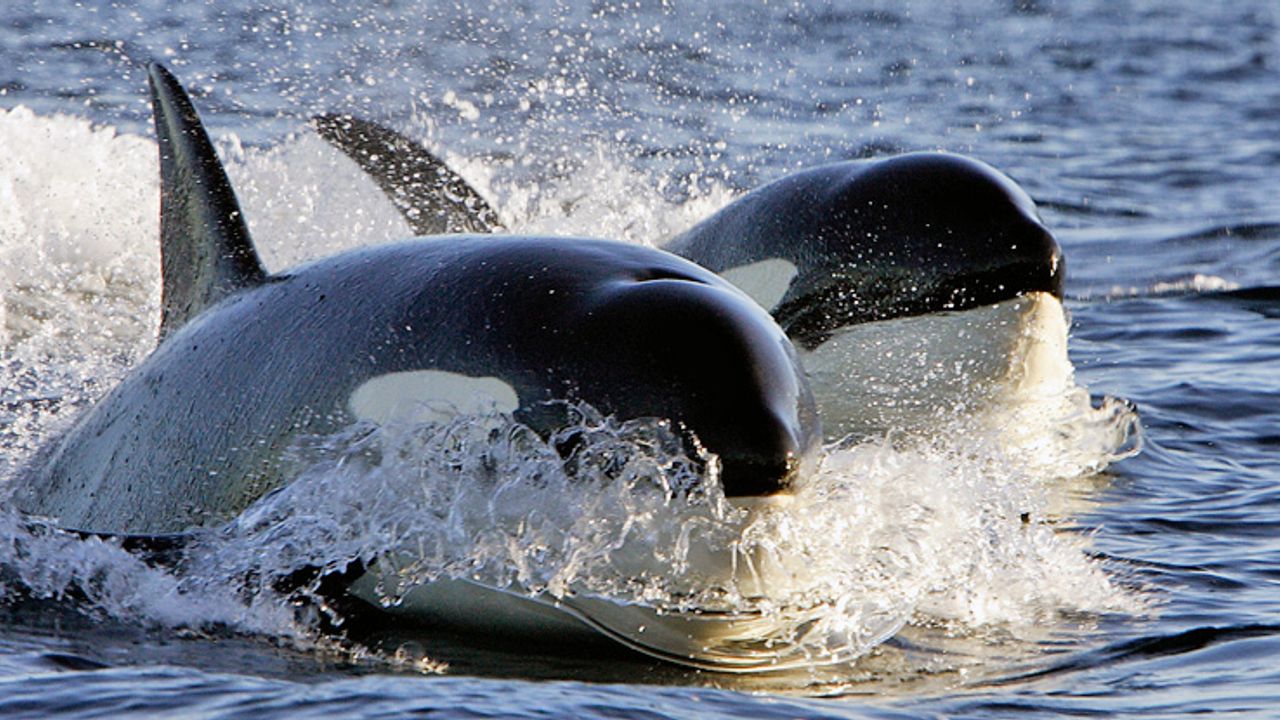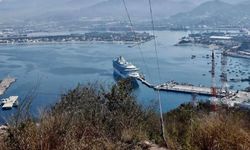The frequency of these interactions has raised concerns among researchers and authorities. Portugal, for instance, implemented a ban on tourist boats approaching orca pods in July 2023.
The Institute for Nature Conservation and Forestry (INCF) highlighted the potential risks associated with closer interactions between orcas and smaller vessels, particularly those used for whale watching.
Research conducted by Grupo Trabajo Orca Atlántica (GTOA) has documented nearly 700 interactions involving a subpopulation of approximately 15 orcas, designated as “Gladis”. The motivation behind this behavior remains unclear. Some experts speculate that it may stem from a traumatic experience, possibly involving an orca named White Gladis, leading to defensive behavior against vessels.
While orcas typically target sailboats in these interactions, the damage inflicted is generally minimal. Only three boats have been reported sunk by orcas since the behavior was first observed in May 2020. However, concerns persist regarding the potential impact on both maritime safety and the conservation of the Iberian orca subpopulation.
Conservationists emphasize the endangered status of the Iberian orca subpopulation, with only 39 individuals recorded in the last census in 2011. Any further escalation of these interactions could pose significant risks to both mariners and the conservation efforts aimed at protecting this vulnerable population.
Authorities have advised boaters to exercise caution and report any interactions with orcas in the area. Despite ongoing research, the exact motivations behind the orca rammings remain a subject of speculation, highlighting the need for further investigation and measures to ensure both human safety and the conservation of marine life.






